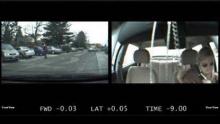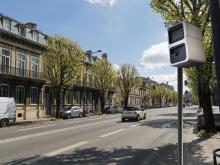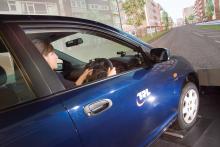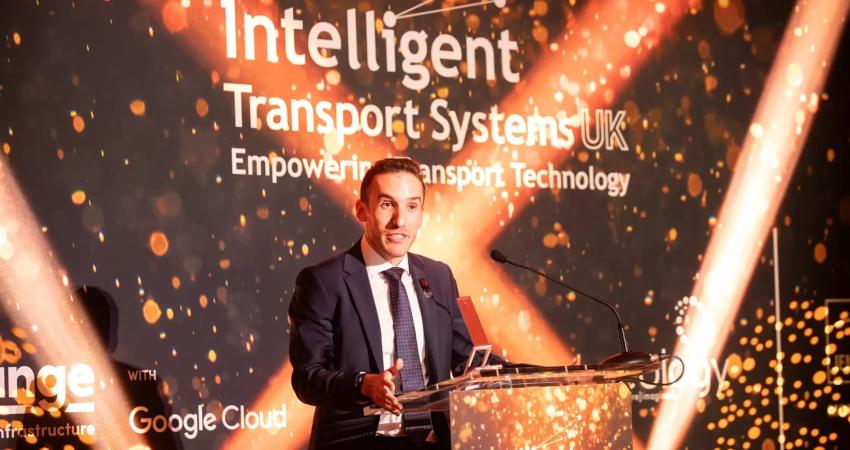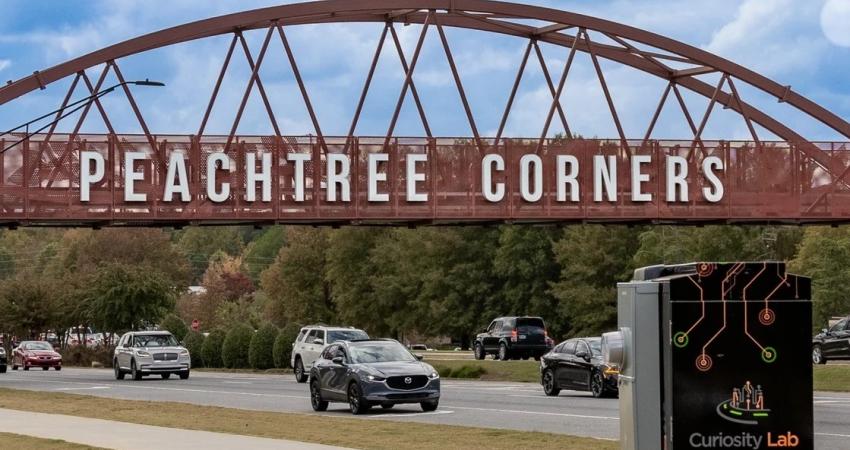Adept Driver (Adept) has delivered its targeted neurocognitive training to help reduce vehicle accidents caused by driver distraction and complacency at the annual Transportation Research Board Annual Meeting, in Washington DC on 7 January 2018. The program is designed to provide drivers with the skills to take control of the vehicle when emerging technology fails without warning.
Additionally, Adept has integrated a semi-autonomous vehicle (SAV) training program into its TeenSmart and Lifelong Driver programs to highlight the current limitations of the technology and the dangers of driver complacency.
Dr. Richard Harkness, CEO of ADEPT Driver, said: "Adept Driver pioneered psychometric-based driver simulations that strengthen neurocognitive pathways used for visual search, hazard detection, judging safe gaps in traffic, escape route identification and risk assessment. We have been analysing data for over two decades. Our assessment and training paired with in-vehicle monitoring devices such as mobile apps and telematics will set a new standard in driver safety. Visual cognitive awareness and crash avoidance skill training is now more important than ever as new technologies emerge and mobile device distraction continues to be a significant cause of crashes on our highways."
"If you think cell phone use is dangerously distracting, wait until drivers become complacent with self-driving technologies and are not paying attention to the driving environment at all and then the technology fails," Harkness added.
Adept Driver presents neurocognitive training to reduce crash risks
Adept Driver (Adept) has delivered its targeted neurocognitive training to help reduce vehicle accidents caused by driver distraction and complacency at the annual Transportation Research Board Annual Meeting, in Washington DC on 7 January 2018. The program is designed to provide drivers with the skills to take control of the vehicle when emerging technology fails without warning. Additionally, Adept has integrated a semi-autonomous vehicle (SAV) training program into its TeenSmart and Lifelong Driver

